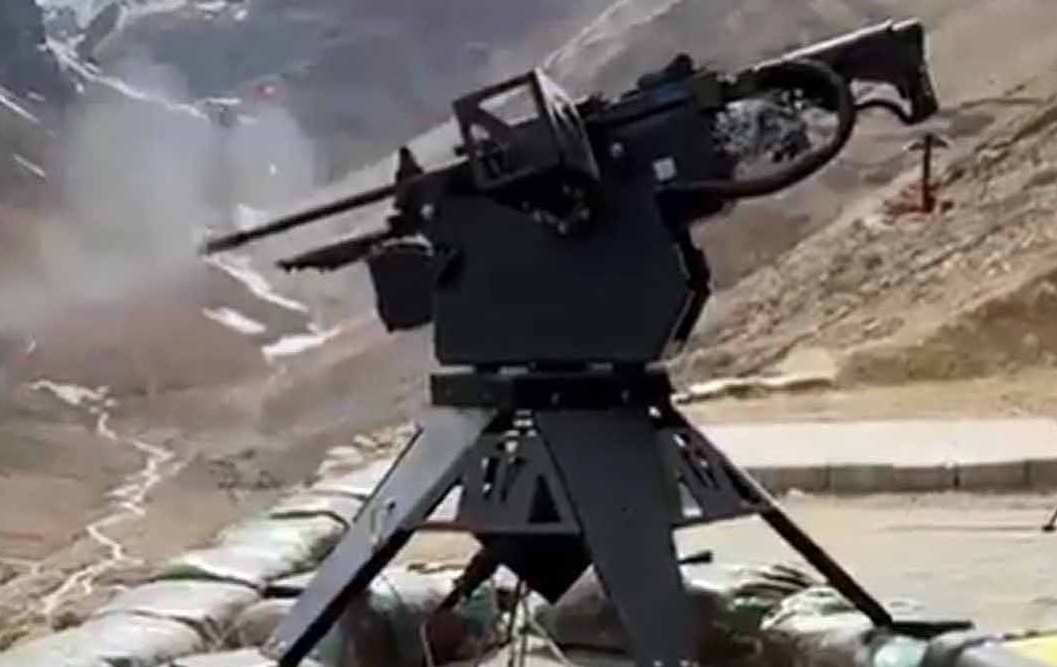Six Top Iranian Nuclear Scientists Killed as Israel Strikes Tehran in Escalating Conflict

In a dramatic escalation of tensions between Iran and Israel, at least six prominent Iranian nuclear scientists have been killed following a series of coordinated Israeli airstrikes on Tehran. Reports from Iranian media indicate that Israel directly targeted nuclear and military infrastructure in the Iranian capital, marking one of the most significant direct confrontations between the two adversaries in recent years.
According to Iran’s Tasnim news agency, the scientists killed include Abdolhamid Minouchehr, Ahmadreza Zolfaghari, Amirhossein Feqhi, Motalleblizadeh, Mohammad Mehdi Tehranchi, and Fereydoun Abbasi. These individuals were reportedly central figures in Iran’s nuclear research and development efforts.
The Israeli assault was not limited to scientific personnel. The headquarters of the Islamic Revolutionary Guard Corps (IRGC), Iran’s powerful paramilitary force, was also hit. Iranian military leaders, including Chief of Armed Forces Mohammad Bagheri and IRGC Commander Hossein Salami, were reported to have been present in the vicinity of the strikes, though their current status remains unclear.
Israeli Prime Minister Benjamin Netanyahu confirmed that Israeli forces struck the Natanz nuclear facility and openly stated that the operation was aimed at halting Iran’s nuclear ambitions. He declared that the campaign would "continue as many days as it takes," sending a clear message about Israel’s intentions to prevent Iran from achieving nuclear weapons capability.
As the dust settled, residents of Tehran reported hearing multiple loud explosions, while Iranian state television confirmed that emergency measures have been activated. Air defense systems have been placed on full alert across the country, and Iran has warned of a strong retaliatory response.
A state of emergency has also been declared in Israel, with defense officials bracing for possible counterattacks involving missiles or drones launched from Iranian territory or its regional allies.
This flare-up comes just days before crucial diplomatic talks were scheduled between Iran and the United States, aimed at curbing Tehran’s enrichment of uranium and its potential to develop nuclear arms. With this latest military strike, the prospects of a peaceful resolution may now hang by a thread.
The region remains on high alert, and global powers are closely monitoring developments, fearing that further escalation could lead to a broader regional conflict.
✍️ This article is written by the team of The Defense News.






